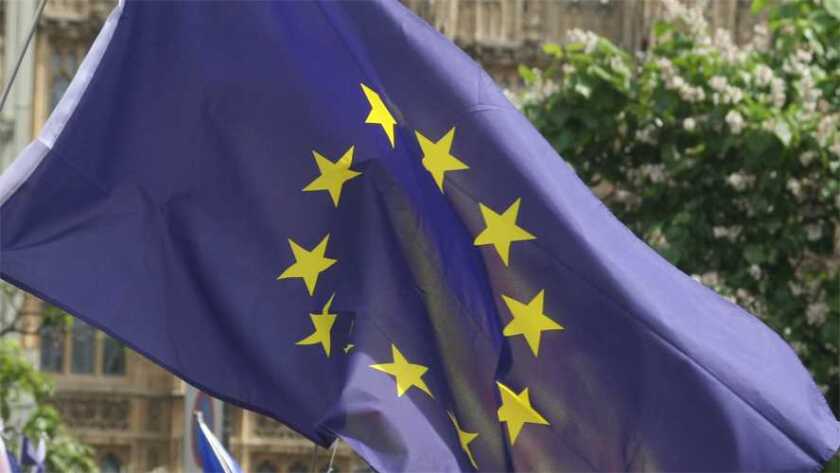In the document, dated Friday, the two said the future of the industry “depends on large amounts of data to compete” and, therefore, restricting the use of pseudonymised metadata in communication services would be detrimental to innovation.
It continued to accuse the EU of failing to consider “the views previously expressed by Member States”, and said that “The draft text creates a restrictive framework for processing communications metadata that is neither future-proof, nor aligned with the GDPR.”
The letter read: “As stakeholders to this legislative process, European telecommunications operators were aware of a growing consensus across several Member States to support the reintroduction of compatible further processing of pseudonymised metadata in Article 6 of the proposed text, reinstating a text that had already been discussed and widely accepted under previous presidencies.
“The Presidency of the Council, in its role as facilitator of a common and shared Council position, should take note of Member States’ views and follow up with proposals that best reflect them. Instead, we must take note that the German Presidency has neglected to reflect the views of several Member States in favour of its own political stance.”
ETNO and GSMA said EU member states should not to support the most recent proposals and instead called for a collaborative approach to securing a framework that is “conducive to strengthening the EU’s data economy.”
The letter concluded: “We call on Member States to not support the German Presidency’s proposal, which is not fit for future nor European competitiveness, and to continue to work together to secure a framework that is conducive to strengthening the EU’s data economy.
“To this aim, we urge the reintroduction of the principle of further compatible processing subject to safeguards in Article 6, alongside the necessary improvements to further align the ePR with the GDPR’s risk-based approach.”
In early 2017, European telecoms operators challenged the EU to ensure new e-privacy rules were customer friendly and promote innovation. A year ago this month, EU countries failed reach a resolution on the ePR following a ministerial meeting in Brussels.





